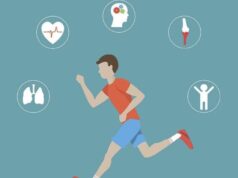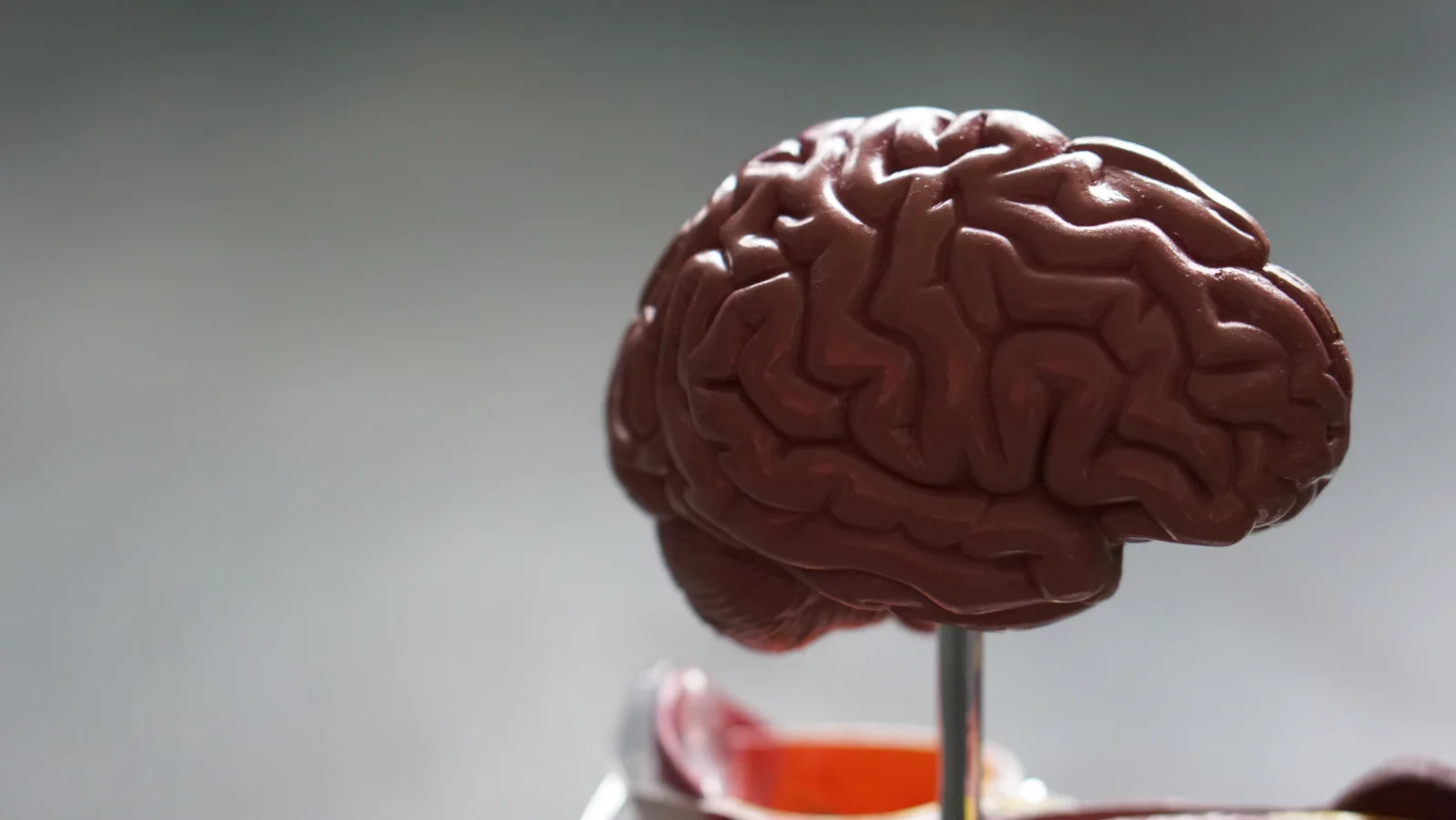
Traumatic brain injuries (TBIs) are often the result of a blow to the head or a penetrating injury to the skull. While many TBIs are mild and do not require extensive treatment, others can be extremely serious and may even lead to death in cases where a person does not receive immediate medical attention from experienced medical professionals.
Symptoms of TBI can manifest immediately following an accident, when symptoms such as headache, nausea, loss of coordination or confusion may occur. In more severe injuries these symptoms may surface within minutes or after hours have passed. Symptoms that develop over time include problems with thinking and memory processes as well as behavioral changes. Some people find themselves unable to control their anger, mood swings, or impulsiveness. The most harmful changes are often found in people who have experienced penetrating brain injuries. These patients are frequently given poor outcomes due to the damage being left untreated for too long after the accidents occurred.
Symptoms of TBI include:
- Headache
- Nausea/vomiting
- Loss of coordination
- Confusion
- Dizziness
- Ringing in the ears/hearing loss
- Vision problems/changes including blurred vision, double vision, light sensitivity, and eye pain. Loss of peripheral vision is also common.
- Difficulty speaking or understanding spoken or written words (aphasia) and difficulty following directions (apraxia).
- Difficulty with memory including forgetting recent events (short-term memory) and difficulty recalling ongoing or past events (long-term memory).
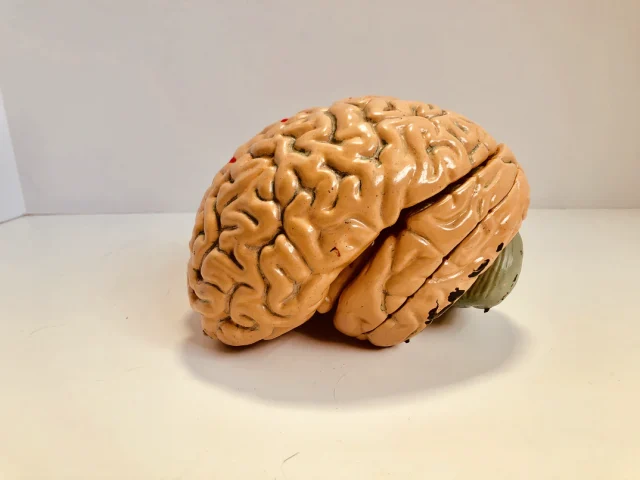
Diagnosing TBI is typically done by assessing changes in the patient’s behavior. Medical imaging of the head may also be necessary to rule out other types of brain damage that can cause similar symptoms. Here you can find out more about traumatic brain injury recovery.
Treatment for TBI varies depending on the severity of the injury. Mild injuries are often treated just like a regular concussion, requiring no more than rest and limiting strenuous activity for several days or weeks. More serious injuries require medical attention – possibly even hospitalization – to monitor for brain swelling, ongoing headache, vomiting, increased pressure in the skull, vision problems, seizures, spasticity (involuntary muscle movements), speech problems, and other changes in behavior. Medication is given to treat the symptoms that arise, but medications do not prevent or repair brain damage.
People who experience TBI may see unique changes in their behavior. Mood swings, irritability, and anxiety are common for people with more serious cases of TBI. In some situations patients find themselves unable to control their anger or the impulsive decisions they make after a TBI occurs. It can often be difficult for them to maintain employment or have healthy relationships because of these behavioral changes. The most severely injured people may need assistance from family members or professional caretakers to stay safe and healthy.
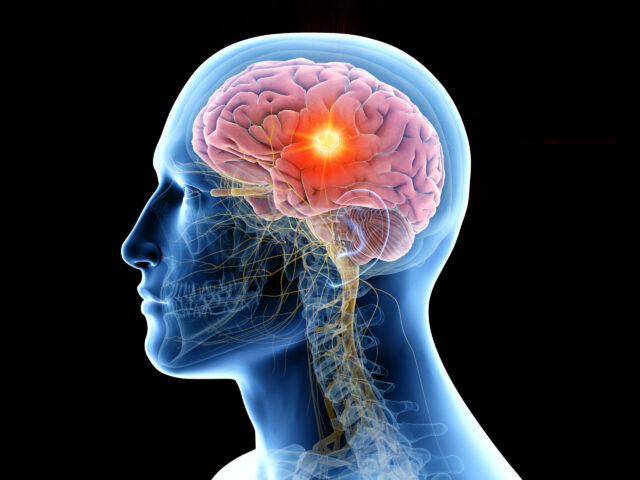
Treatment for a TBI may include taking medication to help with headaches or nausea or to control seizures. Physical therapy can help patients regain mobility following TBI. Surgery is required in some cases where the brain tissue has been damaged and won’t recover without intervention. Rehabilitation therapy is often necessary, especially for people who have experienced a severe brain injury that requires extensive medical treatment. Therapy may include vocational training and social skills coaching to prepare patients for a return to society and the workforce.
Many people who experience TBI find that they have been given a new lease on life, allowing them to do things they previously wanted but could not accomplish. Therapy allows people with neurologically based disabilities to enjoy hobbies, work, and relationships even with their deficits. They often overcome obstacles in their path thanks to newfound cognitive abilities. People who have experienced brain injuries can go on to be successful students, community members, family members, friends, employees – anything they want – following rehabilitation therapy for their neurologically-based disabilities.
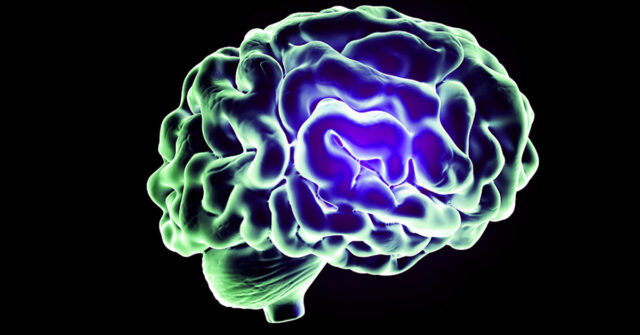
Those who suffer from a traumatic brain injury are often faced with immense challenges as they struggle through recovery. It is important to work with a therapist in order to make the best possible progress in the rehabilitation process. In some cases, children or adults may not fully comprehend why they are struggling, but a therapist can help them achieve the best possible outcome in their treatments.
As with any medical treatment, there is no one-size-fits-all approach to rehabilitation therapy. The severity of an injury and the location of damage within the brain will determine how much assistance a patient will need throughout the process. TBI is a serious neurological condition that requires professional assistance to overcome these challenges and get patients back on their feet after suffering from such a traumatic event.
Many strategies can assist people suffering from brain injury deal with the complications that impact daily activities, communication, and interpersonal relationships. There are some things that you can do to cope with this and some of them include:
- Support groups can be a great way to cope and get support through your ordeal.
- Emotional support is very important as people do get more mentally unstable.
- Writing down things you want to remember is another great coping mechanism and it can help you, in the long run, to remember and be aware of your surroundings.
- Modify the expectations of work or perform tasks. Appropriate changes at school or at work might include reading instructions to you, giving the time needed to complete work, or break down tasks into smaller parts.
- Be focused on the thing you do and don’t get distracted so easily.
- Use a consistent routine. Keep a consistent day to day living style, and keep things in designated areas to avoid confusion and use the same routes to destinations that are frequently visited.

Conclusion
People who experience changes in their behavior after they experience TBI may benefit from working with a counselor to address issues related to mood swings, impulsiveness, and other behaviors. People who are experiencing behavioral changes as a result of their injuries should talk with a doctor about their symptoms as soon as possible. A person’s chance of recovery improves if they receive immediate medical attention following an accident resulting in TBI.

